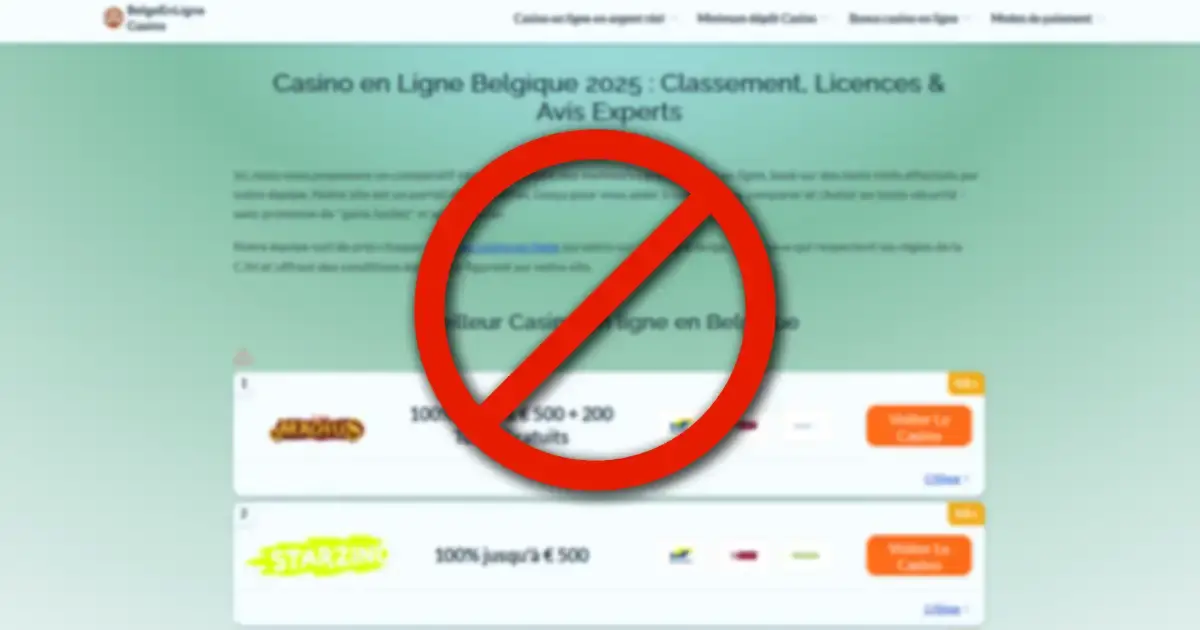Affiliate pages copied in their entirety by illegal websites
A few days ago, the website casinoreviews.nl, renowned for its reviews of legal casinos, was completely duplicated by a clone hosted on an expired domain (t‑meeting.nl). This clone reproduced the entire content, design, internal links and meta data word for word. This replica, hosted on a reliable previous domain, appeared older to Google, giving it precedence in search results.
The unexpected discovery via LinkedIn
It was Frank Kruit, an SEO expert and renowned writer in the iGaming field, who brought the issue to light on LinkedIn. He explained that a user named Hans V. discovered the copy by typing his own name into Google after a post by Armijn Meijer asking, ‘Do you Google your own name?’ Hans then discovered the copy of his own site and confirmed the attack via Copyscape, which revealed a word-for-word match.
A sophisticated SEO tactic
This complete clone is much more than just plagiarism: it is an industrial system designed to discredit the original site by exploiting an expired domain with a long history and SEO authority. Coupled with a massive backlink campaign, this strategy allows the clone to outrank the original in search results, diverting legitimate traffic to illegal casinos.
Frank Kruit also warned that this type of attack is far from isolated. He confirmed that many rogue affiliates use expired domains from government, educational, or technology websites. Techniques such as JavaScript cloaking, stealth injection, Google suggestion automation, and the mass purchase of links via private blog networks are also being used.
Why this phenomenon thrives
Google places blind trust in old and authoritative domains, even if their content no longer corresponds to their purpose. The clones created in this way benefit from this automatic credibility. Furthermore, takedown requests (DMCA or SIDM) are often ineffective: the original is taken down, while the clone, even blocking direct access, remains invisible to human controls.
This manipulation erodes the visibility of legal affiliates, reduces user confidence and drives internet users towards unlicensed casinos, often based in Curaçao and offering no protection. Frank Kruit points out that these clones capture most of the organic traffic, depriving legal operators of their hard-won audience.
Powerless regulators
Meanwhile, the Kansspelautoriteit (Ksa), the Dutch regulator, is stepping up its sanctions against media outlets and affiliates promoting unlicensed casinos. But it is struggling to take effective action against these clones hosted on expired domains: as soon as one site is blocked, another pops up elsewhere. The DMCA/SIDM system is being misused as a tool to remove legitimate sources, while the clones remain active for weeks or months.
Legitimate affiliates are now encouraged to regularly monitor their brand or name on Google and check their key pages with tools such as Copyscape, even the free version. Only active collaboration between Google, the authorities, associations such as the KVA, legitimate affiliates and SEO experts can hope to curb this threat. Google must review its logic of trust towards older domains, better filter signals of malicious intent and take reports seriously. Legal affiliates, for their part, must unite, share alerts and strengthen their collective defence.
This phenomenon of industrial cloning of affiliate sites represents a coordinated and massive attack on authorised iGaming operators. It diverts traffic, credibility and revenue to unlicensed operators. Only an organised and proactive response, both technological and legal, will preserve the integrity of the market.


